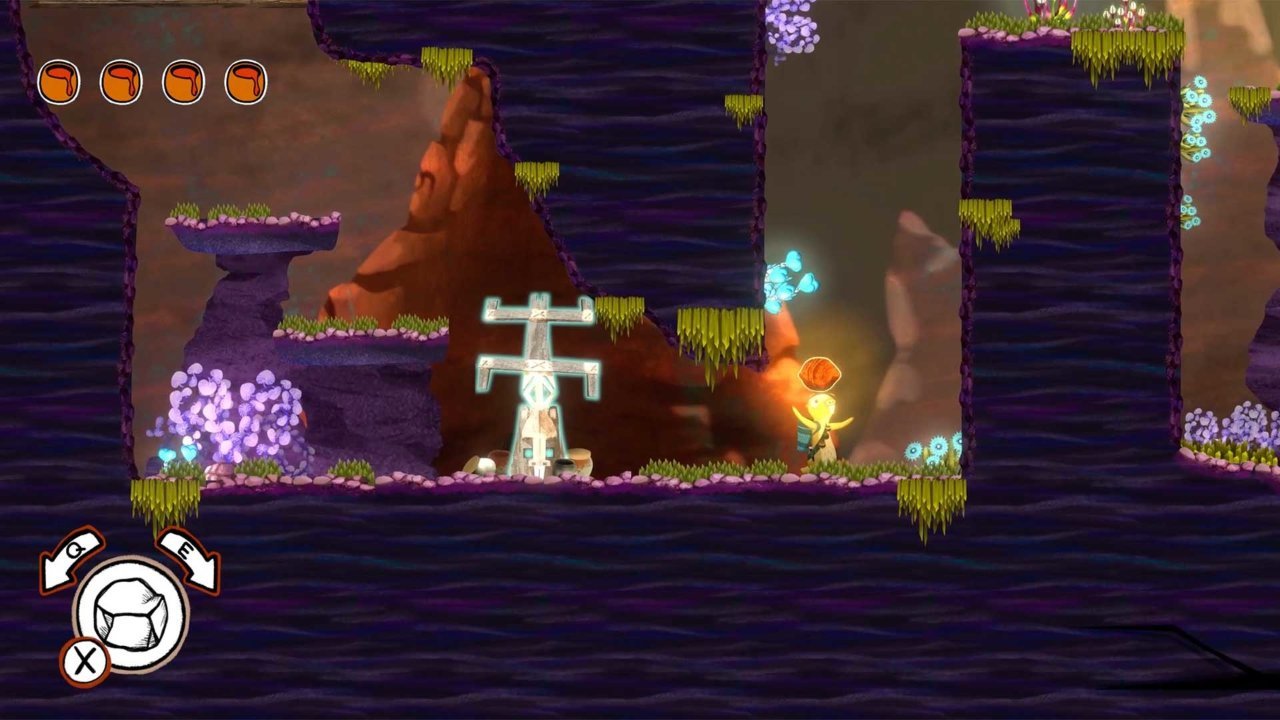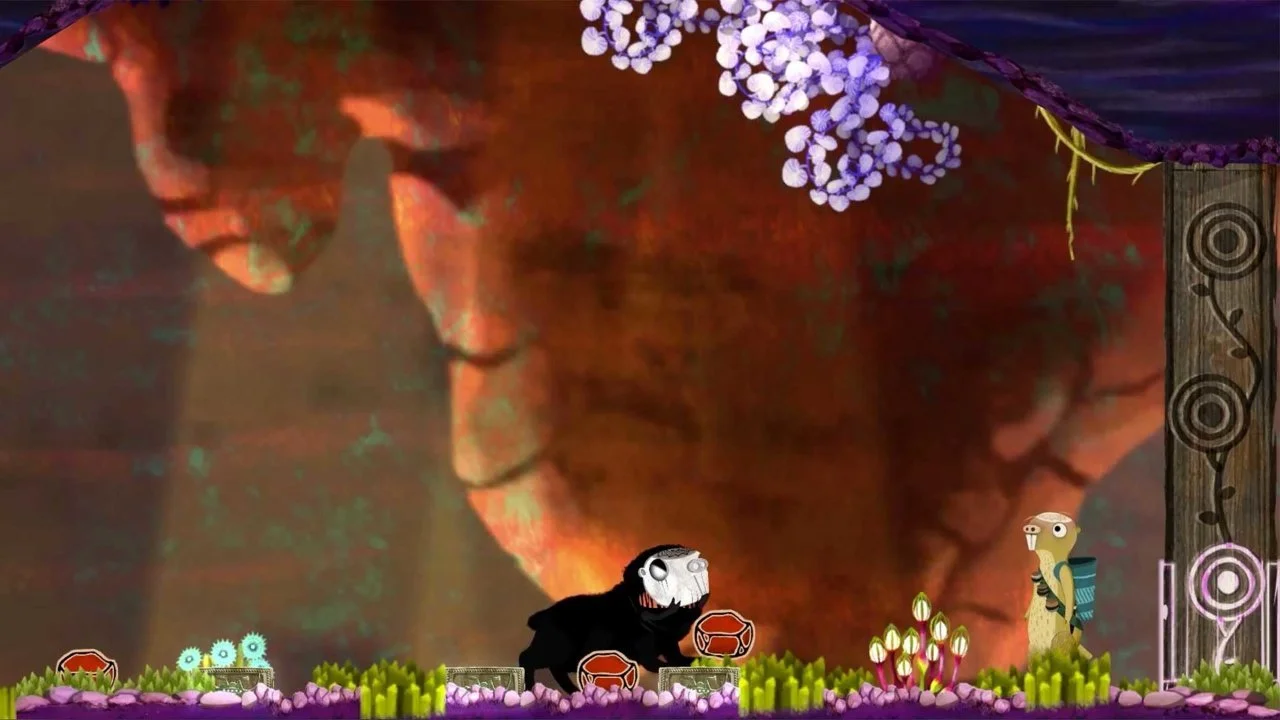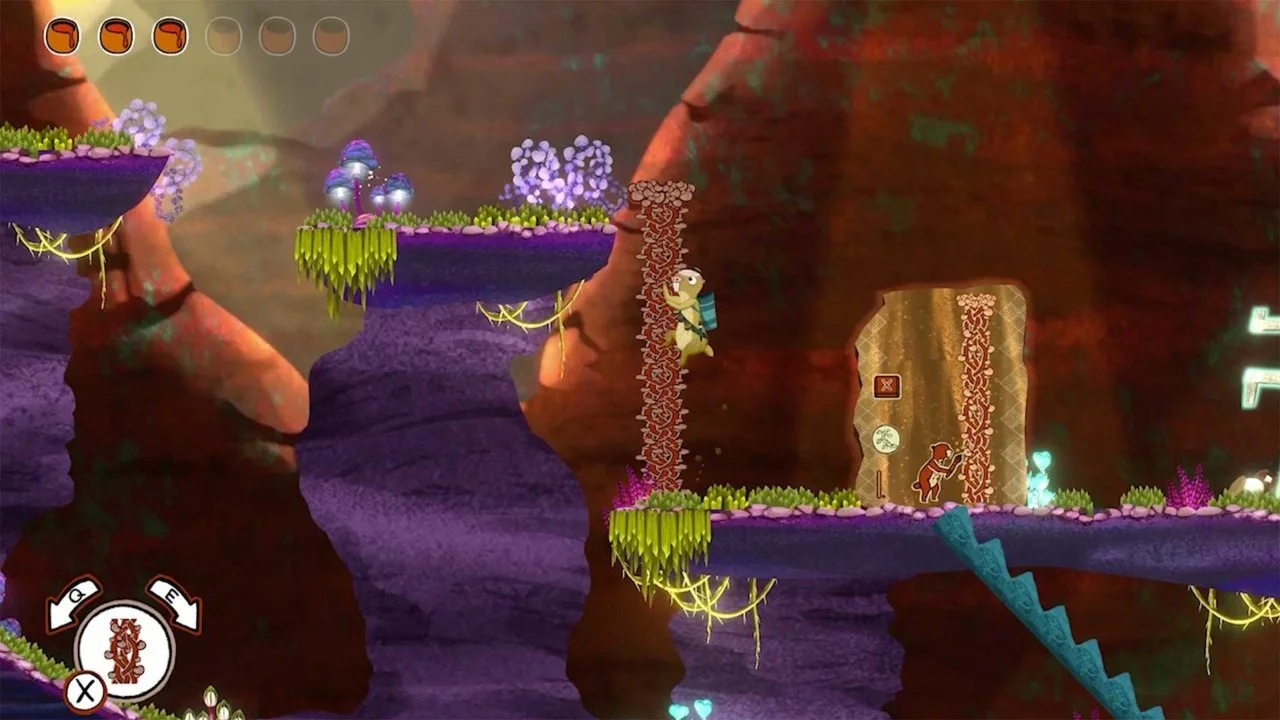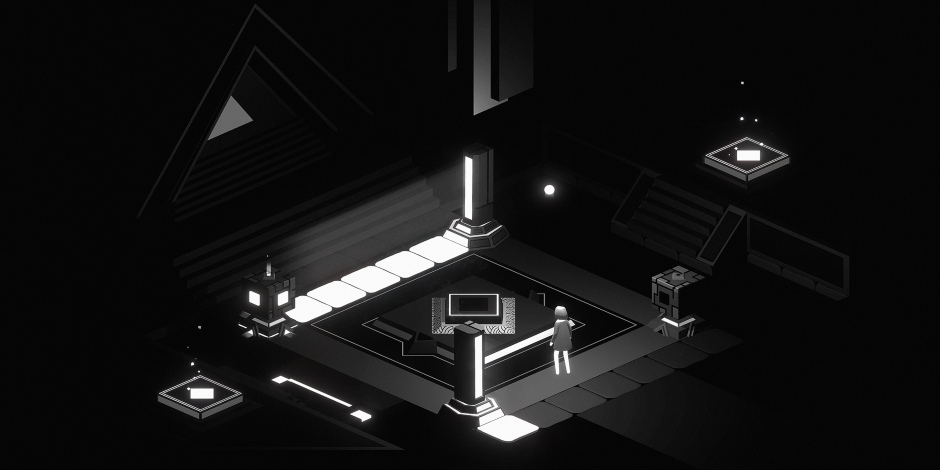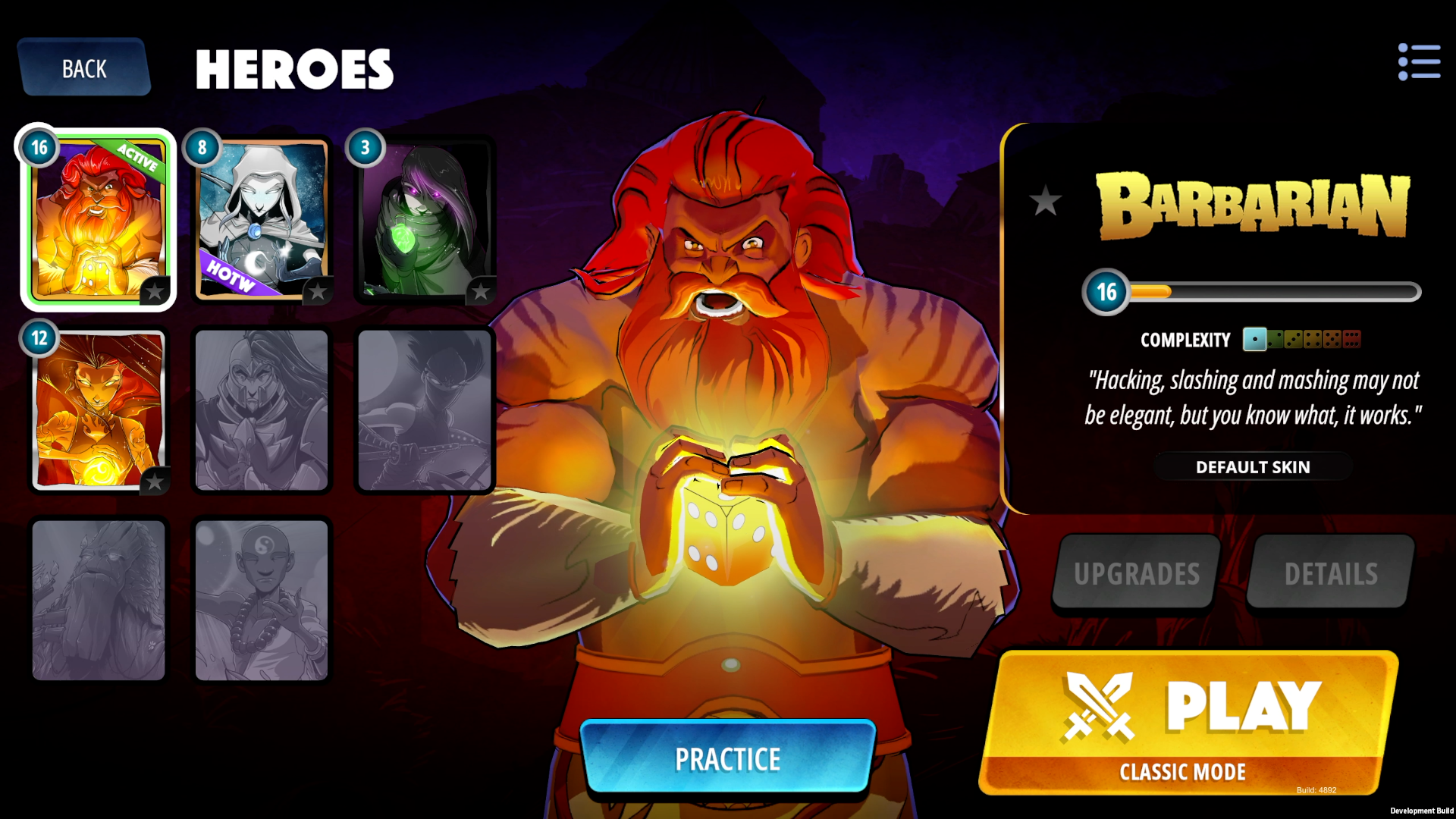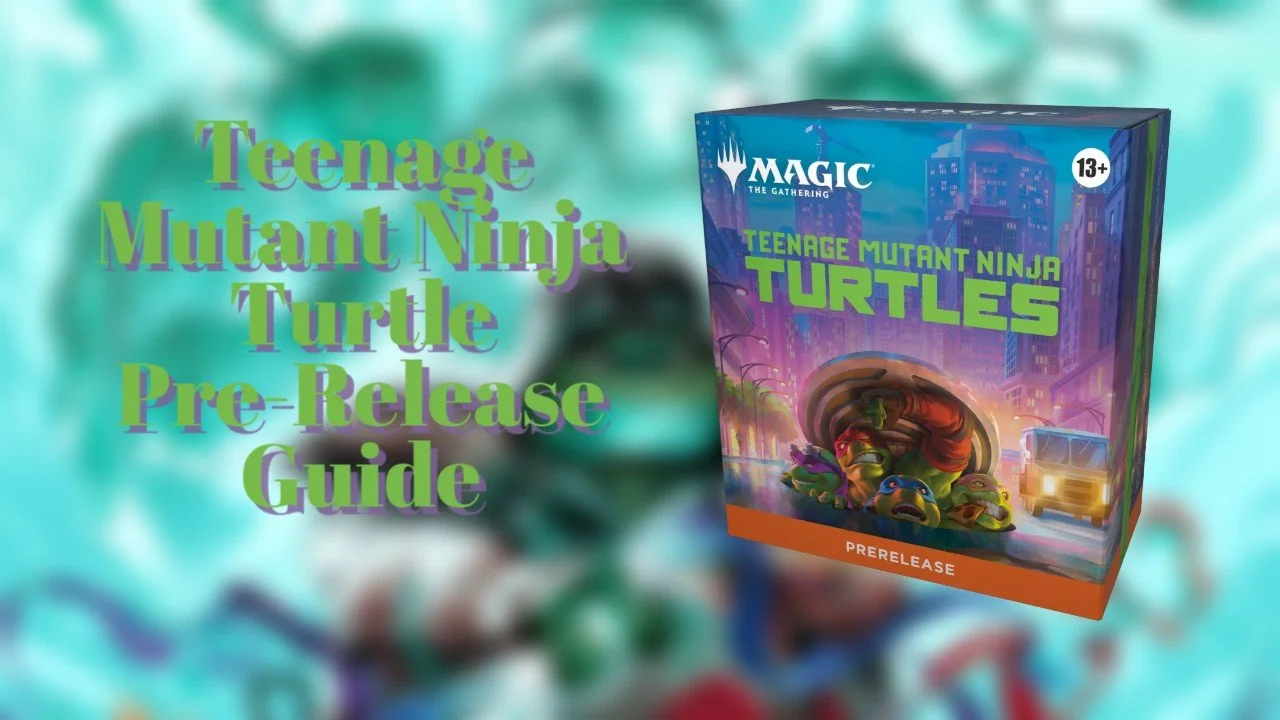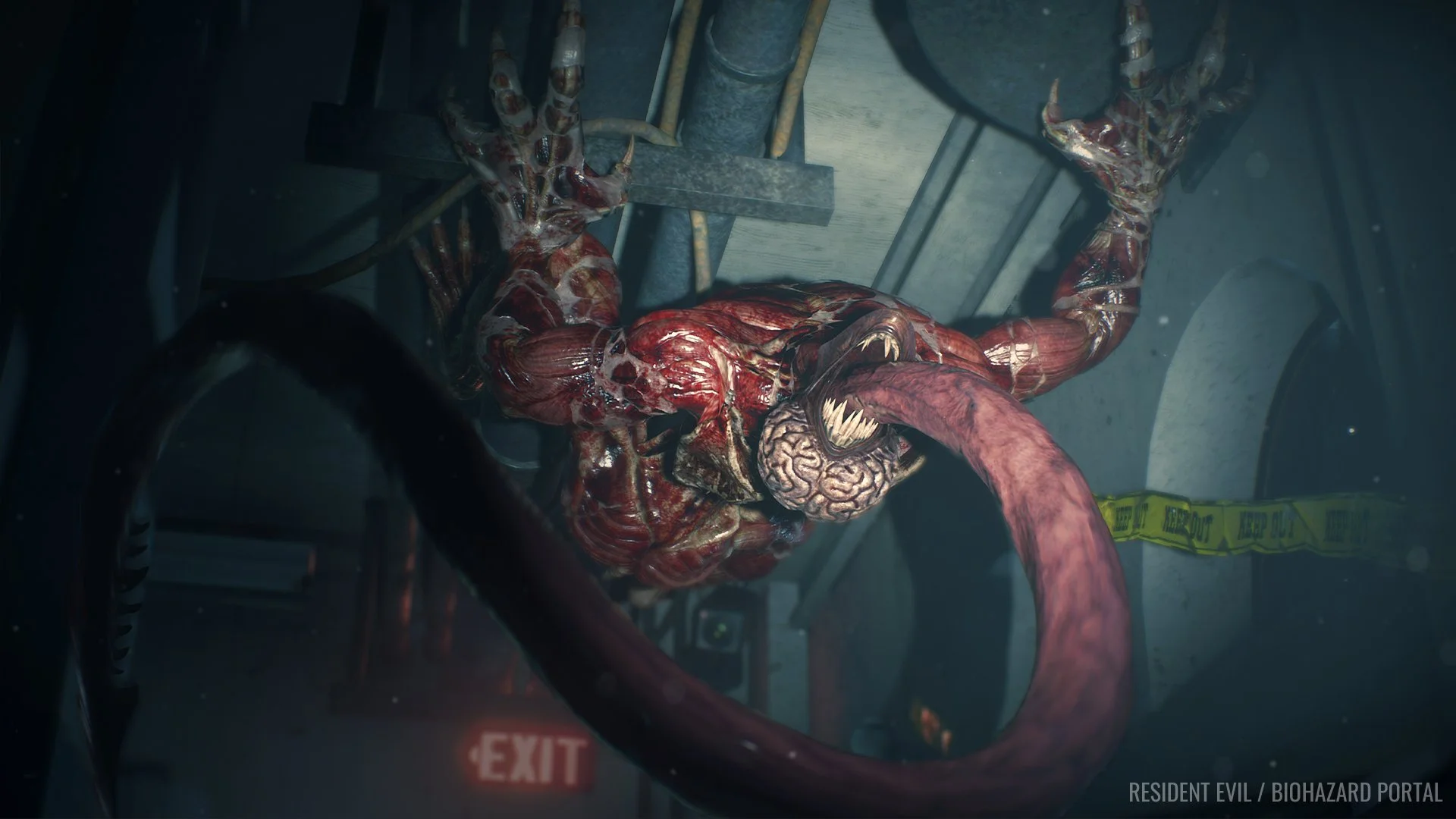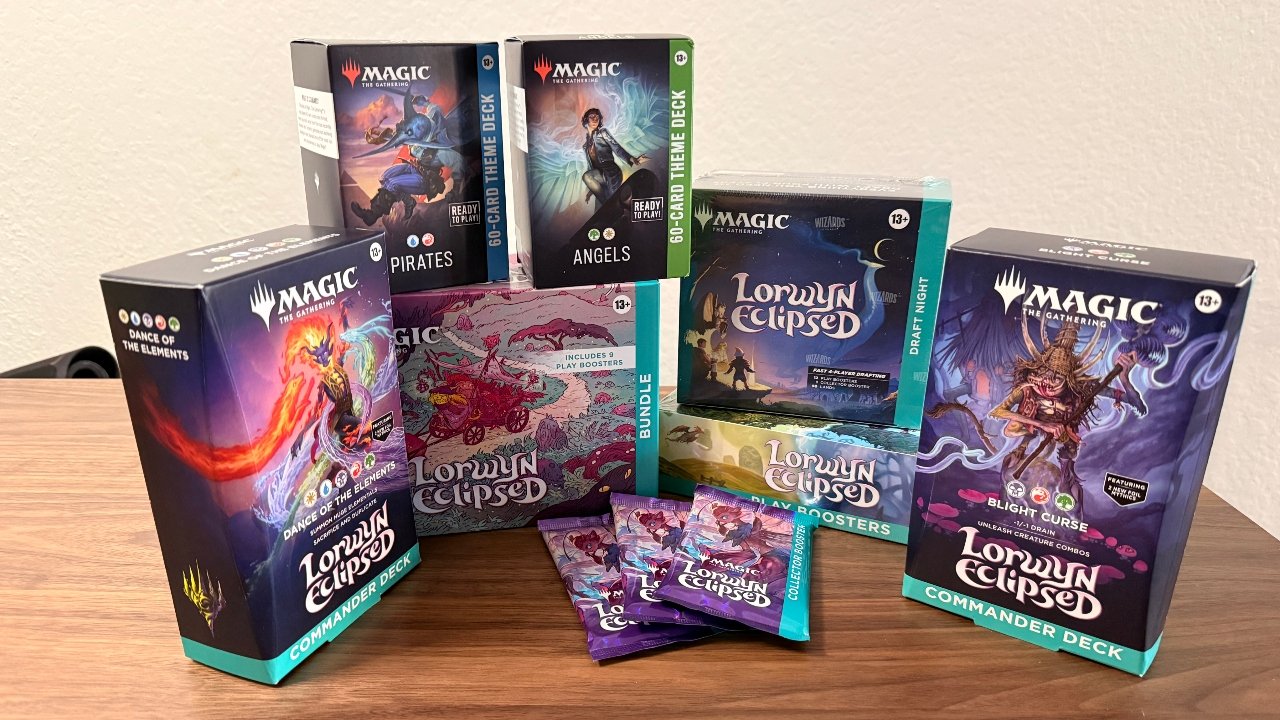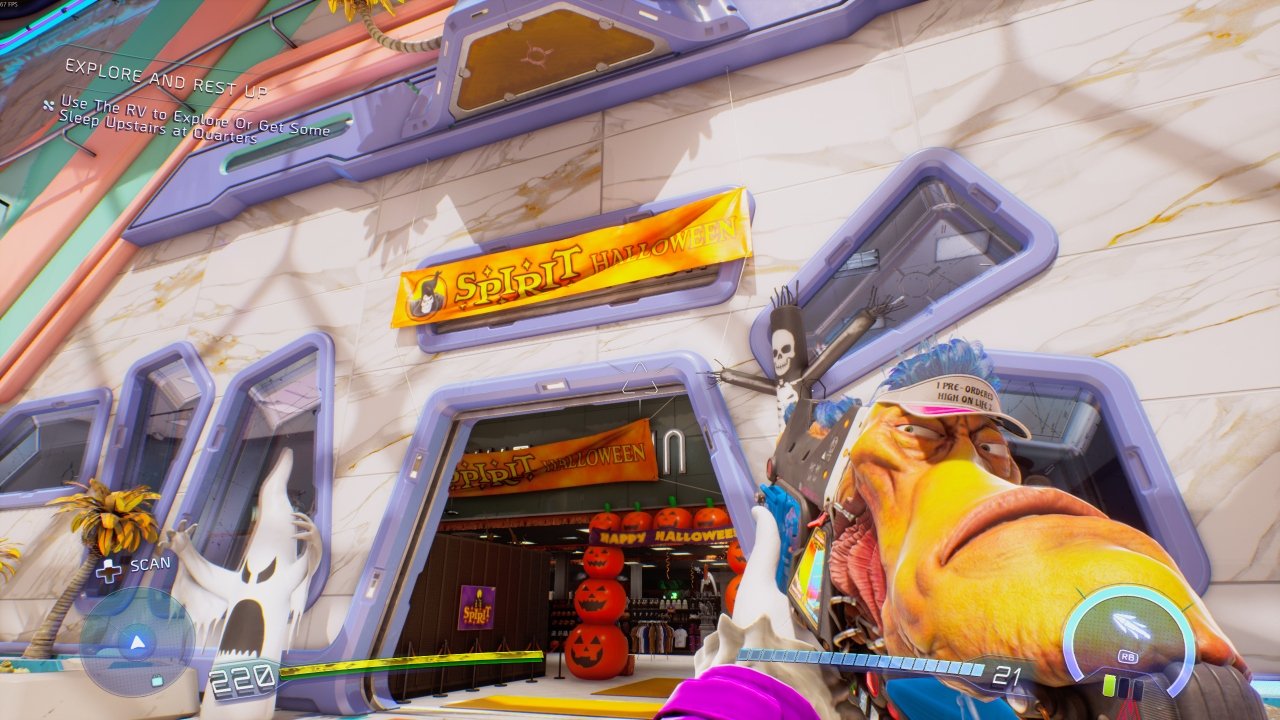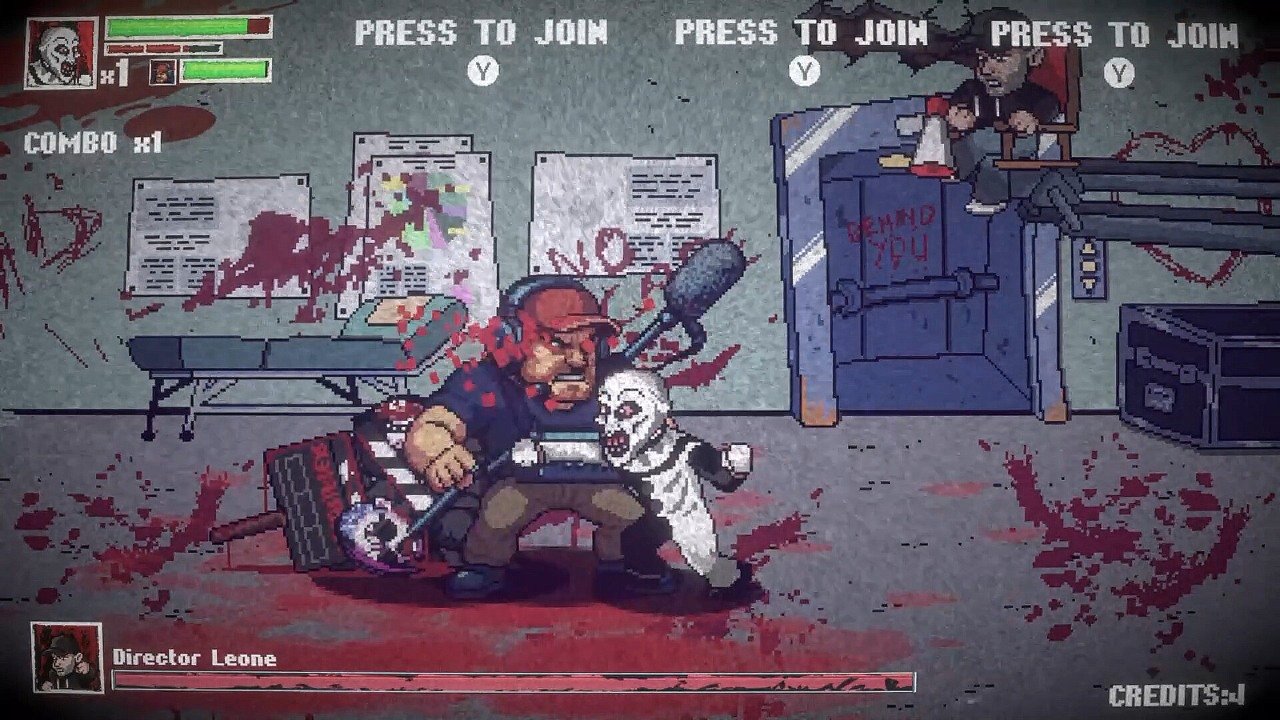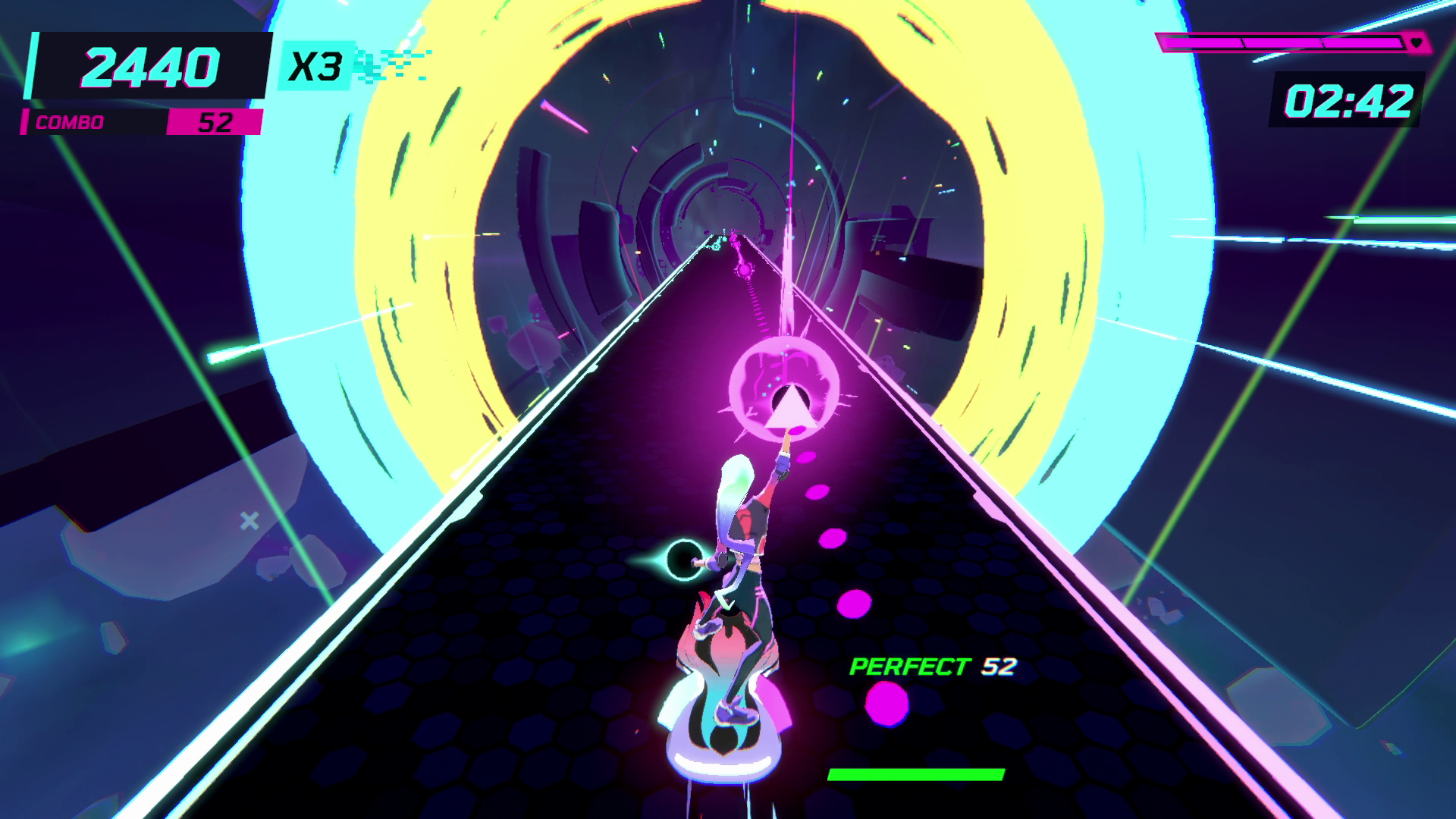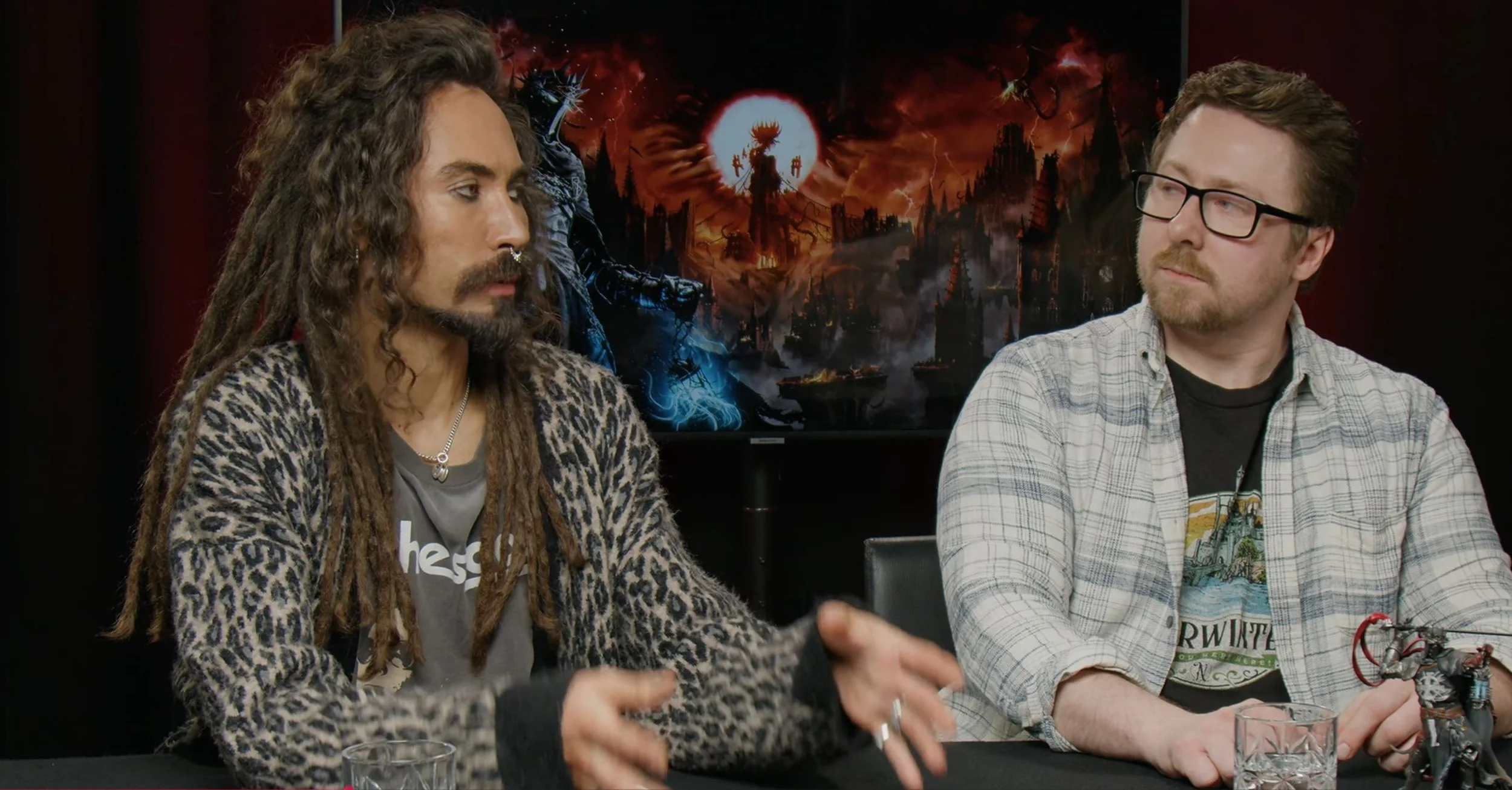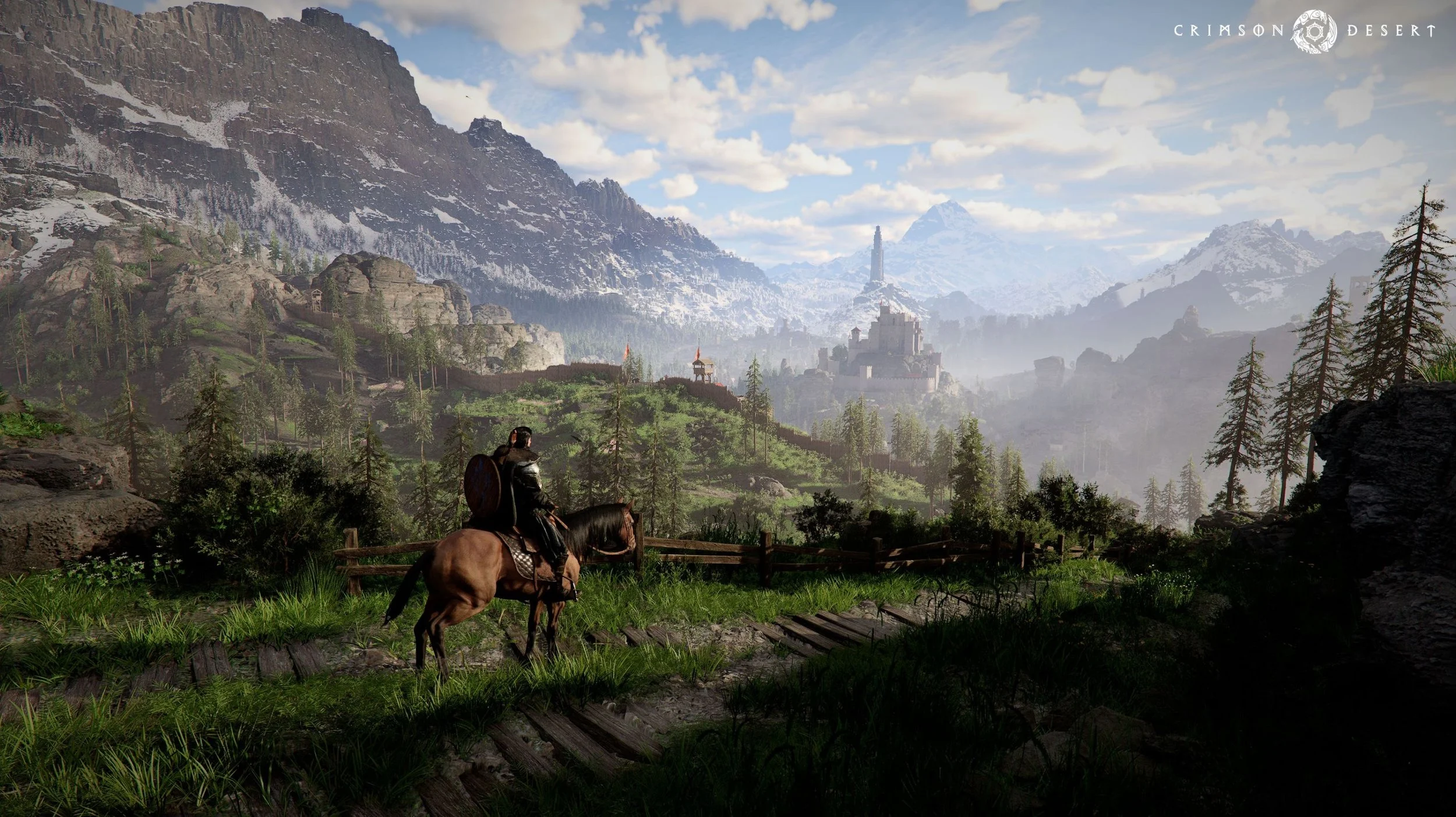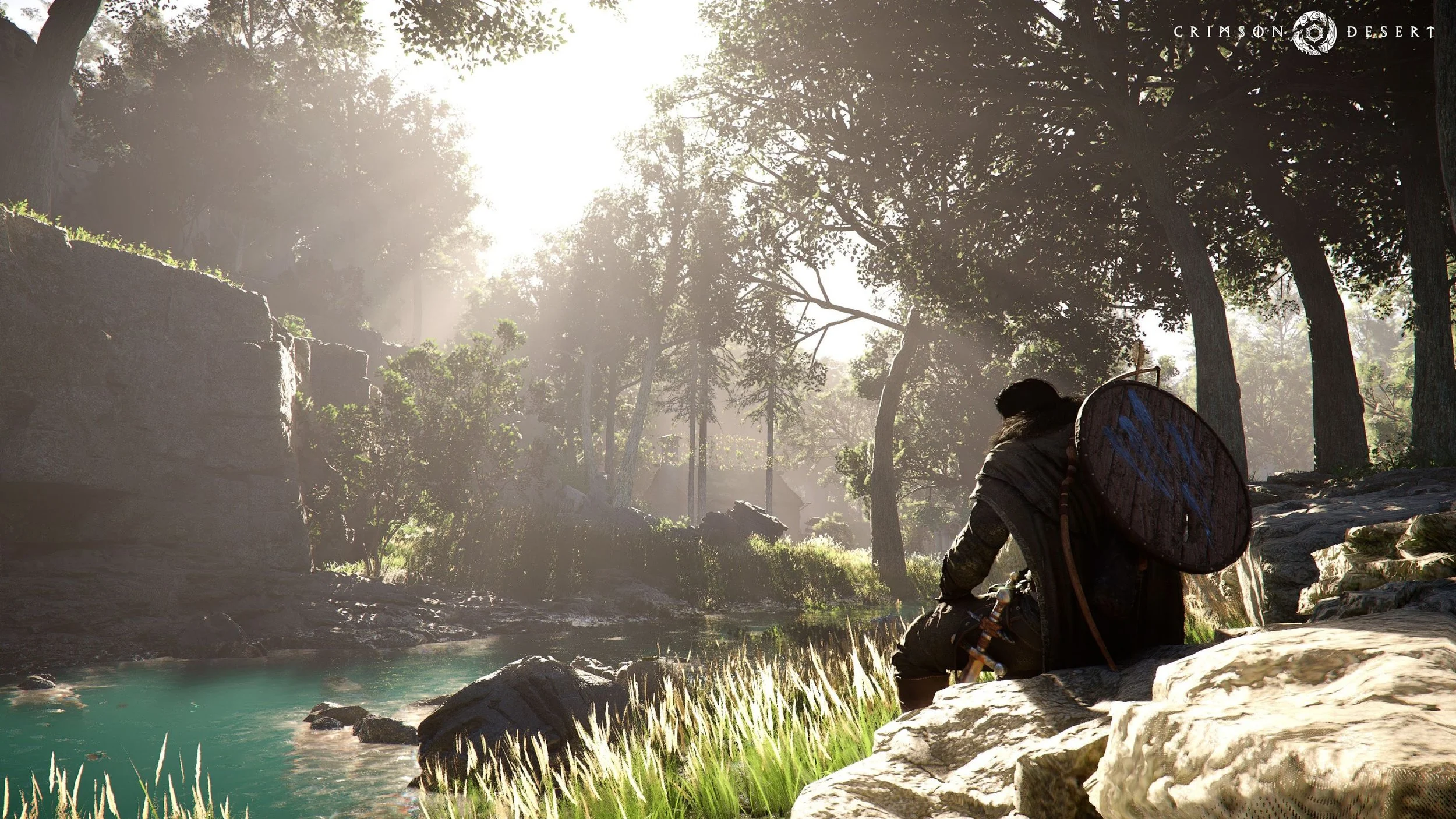PC Review Code Provided by Twisted Ramble Games
It’s always interesting to see when developers take on a more serious topic and bring it to the gaming world. Bringing together the adventures of platforming and puzzle-solving with the serious mental ailment of depression is Twisted Ramble Games. Their latest game, Duru, is actually titled with the side-tag “About Mole Rats and Depression” - which is honestly a fair description of the game’s theme. But it bares the question, did they pair these two elements well?
Story
Oh no! Even though you and the colony have worked hard to stash up food for the winter, an infestation of worms has completely ruined our stock! It’s time for everybody to double their workload and get our food stock refilled in time for the season. Especially you, the weak mole rat that barely brings in a fraction of what our much stronger mole rats bring in.
That last part may not have been directly put in the game, but it was surely heavily implied. Or perhaps, my mole rat was just saying that to himself? The way they frame the games story, which is told in the form of thought bubble imagery instead of actual dialogue, definitely makes it seem like what someone facing depression might do - inflate their role in a negative situation to put more blame on themselves and deflate their ability to fix the negative situation. It’s cleverly designed and pretty accurate to the depth of the problem while maintaining a lighthearted design and gameplay style.
Gameplay
They make it pretty simple to figure out the mechanics of the game. You are shown signs that signify what to press to do certain actions and get a good practice in with them through the first few levels. Basically, you can move, jump, wall jump, slide down a wall, spawn a small rock to throw, and spawn a large rock to use as a heavy weight or a platform. At least, this is what you are given at the start of the game.
After the story element of the food depletion, you head into the next level to find more food and this is where the depression dog comes in. This thing will harm you mentally if you get too far away from it, so you have to help it along the course of the level. Also, it is a nuisance when you are working through puzzles as it will knock over the small rocks and do anything it can to stop you from succeeding (much like a certain mental ailment we all know about).
As for the levels themselves, the goal is to find all of the food in each level. To progress, you will have to open pathways or activate moving platforms with the use of switches. You throw rocks at switches you can’t reach, place a rock on switches that need to be pressed in on the ground, and generally do whatever you need to in order to reach the food. The level will tell you how many pieces of food you can find in it, so you can easily keep track of your progress.
Once you get a bit further into the game, you will get more tricks that you can utilize to help move around the levels. Of course, this means new ways for depression dog to hinder your progress as well, so make sure you figure out how to keep him away from your current progress, if possible.
Most of this game is either solving a puzzle or experiencing a moment with the ultimate goal of collecting as much food as possible. The moments sometimes come out of nowhere, so be ready for whatever may come.
Audio and Visual
Both elements of the game do play off of each other pretty well. When something is happening with the shadow creature Bel (which I nicknamed depression dog above), you will hear music that inclines to the moment. As you play through the game, you will find that these are not always bad moments either. The sound effects are pretty simplistic and most of the music does well keeping to the background, which is a good element for a puzzle game. The graphics are also pretty simplistic, only really giving a bit of atmosphere and mostly just the level elements.
Replayability
I’m not sure I would say this game has much replayability to it. Maybe if you didn’t collect all the food on your first playthrough and you wanted to get it all, but other than that I don’t see a reason to play through the game more than once.
What It Could Have Done Better
The start of the game felt a bit confusing. You are just kind of in a town colony with no direction given to you and are meant to just explore until you find the right building or person. I’m honestly not sure what triggered the progress forward initially, but I know I found it by just randomly roaming through each building. A bit more guidance on this would have been nice.
Each level just directly provides all of the information you need to proceed and how many of the food items you can collect here. It was a bit too informative honestly and left no mystery to the level other than what the shadow creature or next dark moment might bring.
This game doesn’t offer a lot of options as far as the menu goes. I accidentally loaded into the wrong level one time and there was no way to back out of it, plus the game saved when I started the level. I had to play through the level again just to get out of it, which felt like a waste of time. Games should always offer a way to just leave a level, especially if I am still at the very start of it.
Verdict
Duru is a pretty good game but leaves room for players to want a bit more from it. I like how they focused on the mental ailment aspect a lot in the game and did a lot to drive the experience home, delivering the chance for more people to understand what others are going through - which is the mission of the game. However, the gameplay itself felt pretty simplistic, the controls weren’t completely solid, and the puzzles never really got very challenging. If you are more of a beginner at puzzle games, then this might be a good game for you, but otherwise, I can only really recommend this game for its excellent style in providing moments to experience.
Duru is available now for PC via Steam.
